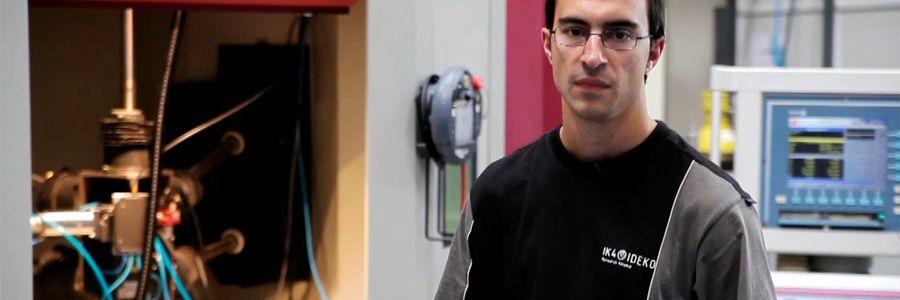Own development model for Integrated Management of Technological Innovation.
Advanced systems for smart manufacture and repair of components using laser cladding

Additive manufacturing is based on the use of laser cladding technologies which offers numerous benefits in production processes in the railway, aeronautics, petrochemical and automotive sector. However, the cost of process development and the high dependence on highly skilled operators are constraints that have discouraged industry from embracing this technology so far. At present, laser cladding can lead to minor variations that could cause microstructural defects with possible adverse effects on the operation of functional parts. In addition, the cost of the process is quite high due to the specifics for each type of part and the fact that it must monitored by highly skilled operators
The project undertakes to develop monitoring mechanisms to secure the reliability of laser cladding, an additive manufacturing and part repair technique used to restore components and produce corrosion and wear resistant coatings and prototyping.
The project focuses on applications of high mechanical properties, sensitive to chemical corrosion and exposed to high temperatures. Examples of such applications are the repair of blades used in the aeronautical sector, the coating of valves and repair of shafts in the petrochemical industry as well as the restoration of glass injection moulds.
Development of components and systems that guarantee industrial reliability of the laser cladding systems. To that purpose, the following is performed:
-design and development of a vision-based mechanism for geometric analysis of the paths followed by the laser cladding process,
-development and implementation of a closed control system, in the performance of pilot tests in monitoring the process,
-analysis of the variation of process signals with geometric variations with the aim of establishing rules for such phenomena.
The Elgoibar centre, together with the rest of the technological partners, is responsible for the implementation of pilot tests of the cladding process, as well as the subsequent characterization of the tests.
IK4-IDEKO also has a leading role in correlating the data obtained in monitoring and characterisation of the process against the parameters used, and participates in the pilot tests for laser cladding on real components.
Furthermore, Danobat will focus its efforts on working with the aeronautical turbine blades, Soraluce on coatings on the inside of valves for use in the petrochemical industry, and Uniláser on repair of shafts and restoration of glass injection moulds.